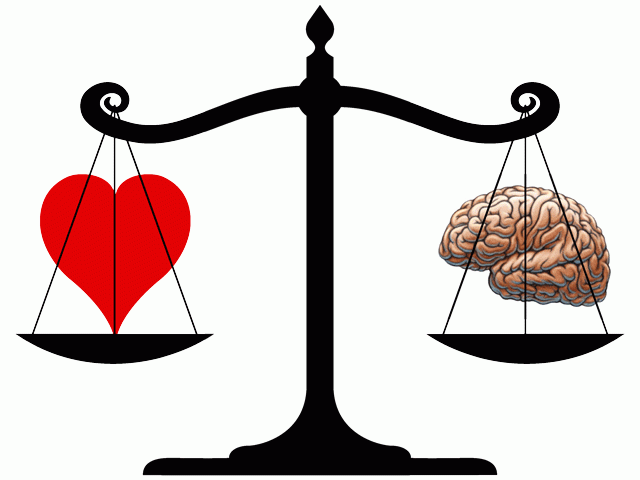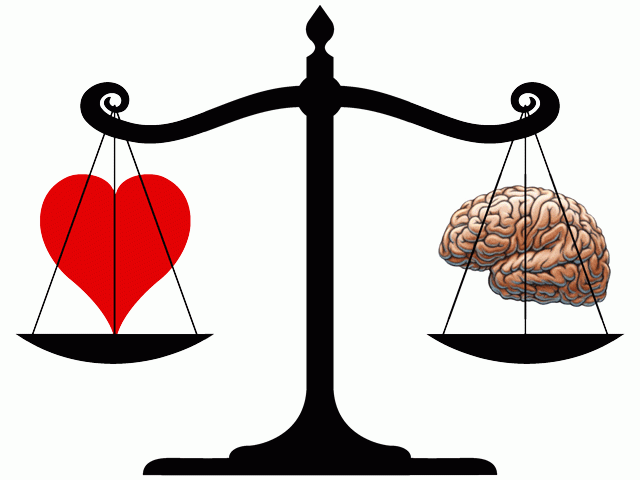An Urban's Rural View
We Need a More Pragmatic Politics
Ten years ago this month, An Urban's Rural View launched. In July 2012, as I was stepping down from my responsibilities as DTN's editorial leader, I took on this blog as one of my retirement projects.
Fifty years ago this month, I returned to journalism from a military leave of absence. In July 1972 my tour of duty as minesweeping officer on the USS Esteem ended. I went back to being a staff reporter of the Wall Street Journal, based in the 1970s in Philadelphia and Washington, DC, and later in five other cities on three continents.
These anniversaries have more in common than the month of July and your blogger's career transitions. They are, in a sense, landmarks on the trail of recent history, opportunities to reflect on how the U.S. has changed with regard to the central themes this blog explores.
The blog's title is, no surprise, a weak pun on my first name. It hints at the blog's remit -- the urban-rural intersection.
I write about how urban issues -- food, interest rates, the national economy -- affect agriculture and rural America. I bring the perspective of a lifelong city dweller, an urbanite, to ag and rural issues. The urban-rural divide and its corollary, the red-blue divide, are among my recurring themes.
These divides have been widening for many decades. By July 2012, the U.S. already felt like a very different country than the one I had left the U.S. Navy to cover in July 1972. In July 2022, it feels even more different.
P[L1] D[0x0] M[300x250] OOP[F] ADUNIT[] T[]
It's more polarized. Yes, America has always had divisions and there have always been Americans holding extreme political views. Today, though, there seem to be many more of them, and they have more influence on the two main political parties.
The right is much further right, the left much further left. Extremism at both ends of the spectrum has become the norm. Centrist voters outnumber the extremists, which matters in general elections, but extremists dominate the primaries and often determine which candidates make it to the general-election ballot.
A big change is Americans' increasing tendency to see those who don't share their views as morally defective. In today's inflammatory rhetoric Democrats are, to their opponents, child-abusing socialists, Republicans fascist dictator wannabees.
At the risk of overgeneralizing from personal experience, the Washington I knew in the 1970s was very different. Opponents weren't enemies. They were just fellow citizens whose views were "wrong." That didn't make them evil.
In those days some in Washington socialized at night with folks they crossed swords with during the day. Personal relationships across the aisle weren't unheard of. One of my good friends, a Republican senate aide from the Midwest, greatly respected and treasured time spent with a Democratic senator from New York, Daniel Patrick Moynihan.
There's less of that today. We're much less one country than we were.
We don't all watch the same news anymore. The rise of cable news and the internet has ended that. In our "alternative facts" era, many Americans choose their news to fit their predispositions. Switching from Fox to MSNBC, or from a right-leaning website to a left-leaning one, is like entering another universe. Different news, different interpretations of the same news.
Media fragmentation magnifies the nation's divides on culture-war issues like abortion and gay marriage. It stokes fears, making every defeat for "our" side a threat to civilization as we know it. It encourages each side to think the other does not really have the country's best interests at heart.
We've all seen how today's divides can estrange neighbors and even family members from each other. It ought to be possible to love or at least like people you disagree with. But many Americans find it painful even to talk to those who watch a different channel.
The problem: If we can't converse, we can't compromise. It's a measure of the extremeness of our divisions that compromise has become a dirty word. But in a country that's close to evenly divided and has three branches of government checking and balancing each other, compromise is essential to solving problems.
The divides are here to stay; the beliefs of each side are deeply held. What can change is a return to regarding our opponents as opponents rather than enemies, as people who may be wrong but not evil, people we can work with.
We need, then, a more pragmatic approach to politics, a politics more focused on solving problems. more committed to working with opponents on matters that aren't truly existential, more willing to give opponents the benefit of the doubt.
Pragmatism is something Americans are famous for. Our farmers and ranchers spend their lives solving practical problems in the fields. Our city dwellers do the same in urban offices and factories. If everybody practiced this American virtue in their politics the way they do in their work, the country would have a brighter future.
Urban Lehner can be reached at urbanize@gmail.com
(c) Copyright 2022 DTN, LLC. All rights reserved.






Comments
To comment, please Log In or Join our Community .